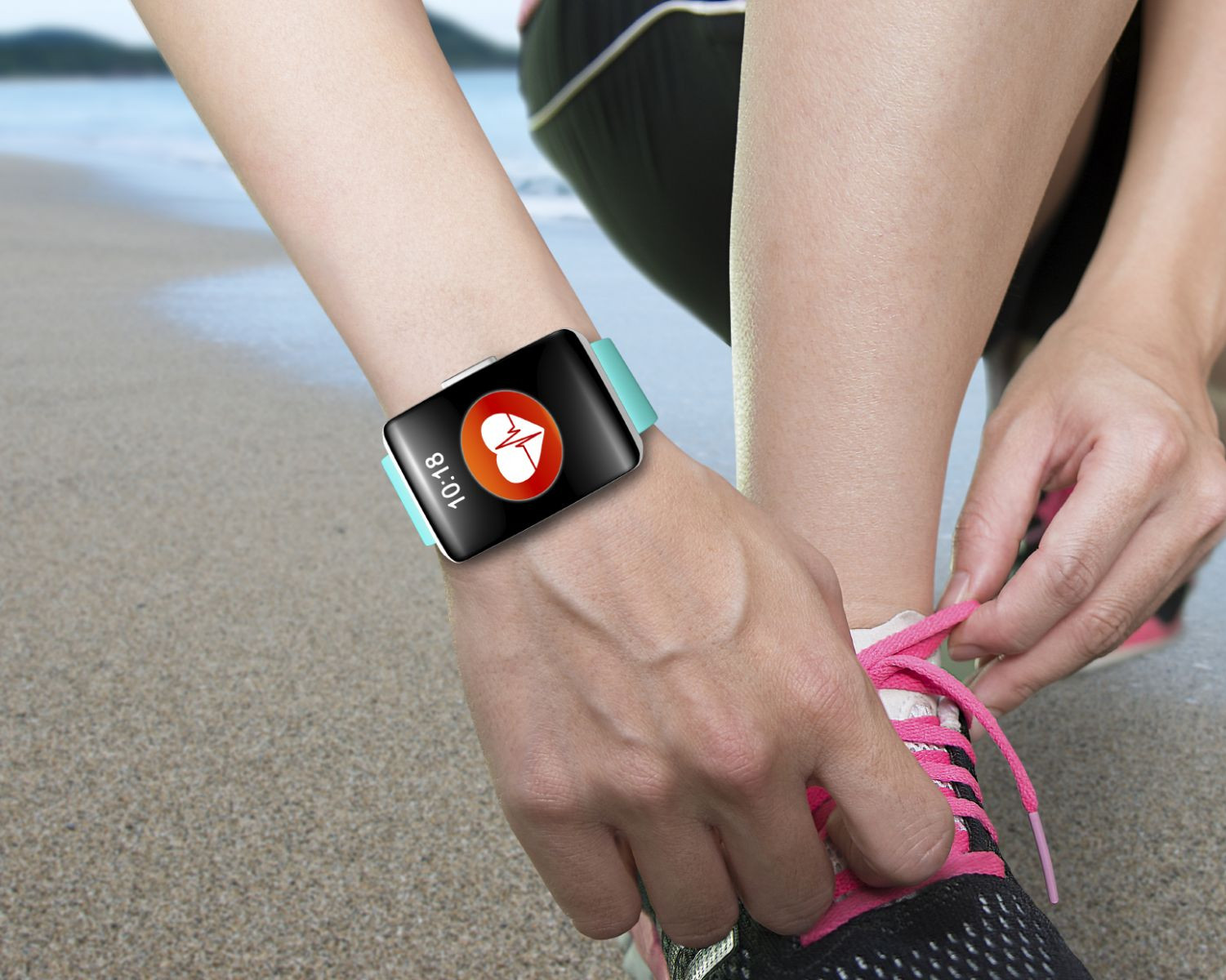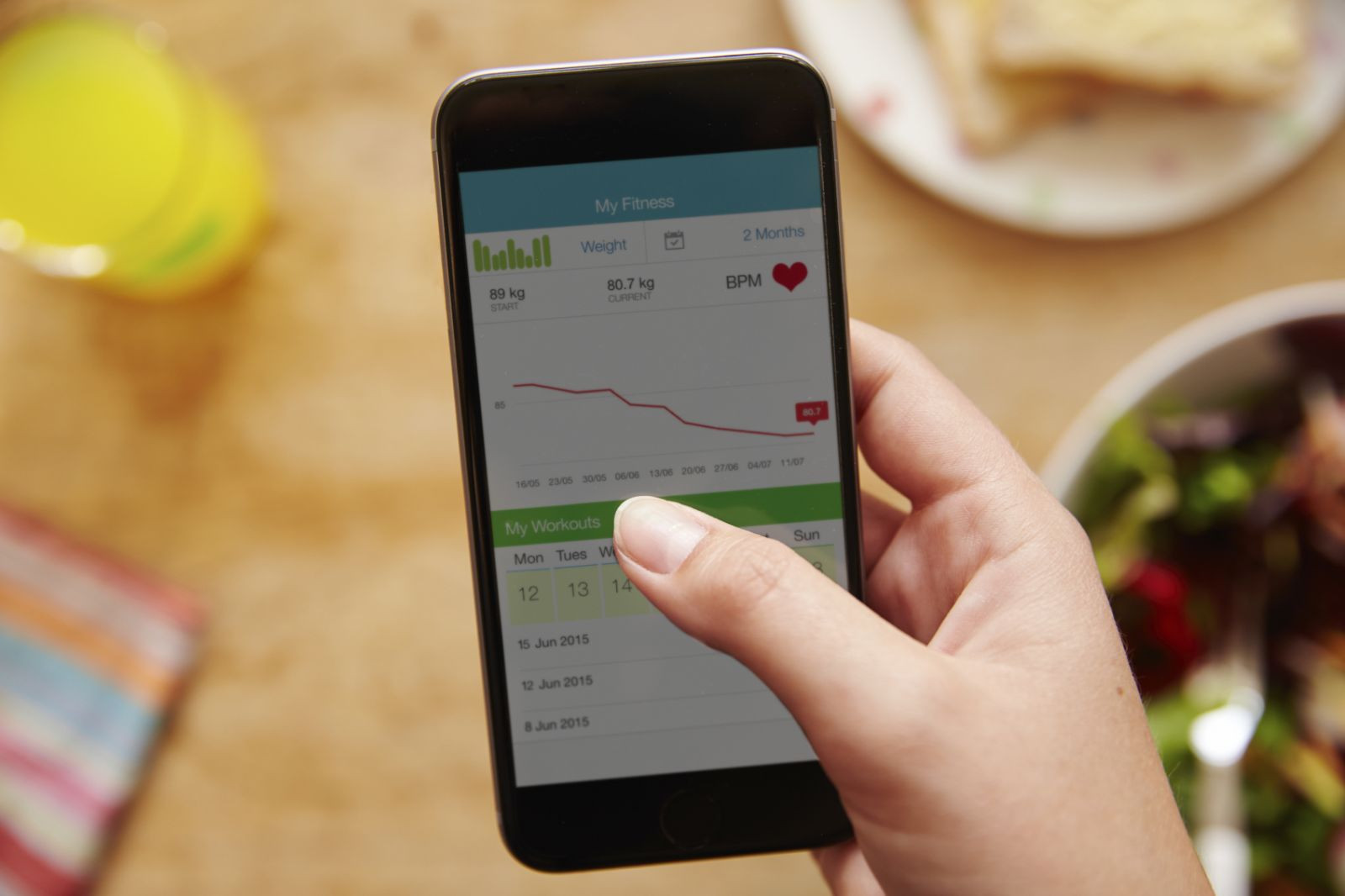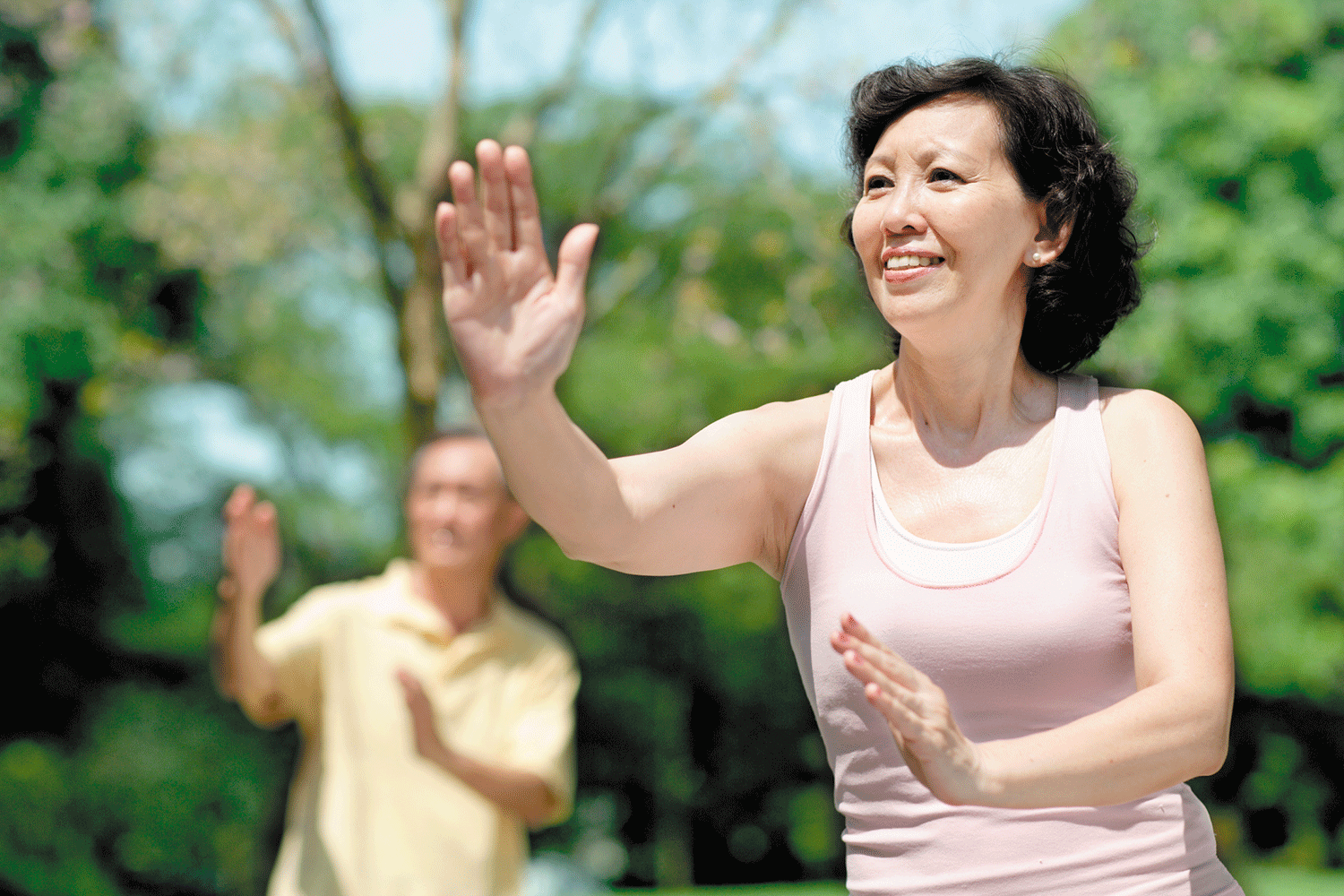
How does prostate cancer treatment affect mental health?

5 timeless habits for better health

What are the symptoms of prostate cancer?

Is your breakfast cereal healthy?

When pain signals an emergency: Symptoms you should never ignore

Does exercise give you energy?

Acupuncture for pain relief: How it works and what to expect

How to avoid jet lag: Tips for staying alert when you travel

Biofeedback therapy: How it works and how it can help relieve pain

Best vitamins and minerals for energy
Exercise & Fitness Archive
Articles
Easy exercises for "keyboard athletes"
Quick bursts of exercise and doing tasks will break the cycle of inactivity and keep you healthier.
It's easy to spend long periods sitting in front of a computer, or with a tablet or smartphone, even when you know it's not good for health. But it's not quite as easy to break the cycle of being a "keyboard athlete," and make an effort to get more activity into your day. "I agree, I think people are becoming aware that prolonged sitting has a negative impact on health, but I'm not seeing enough people actually do something about it," says Marsha Pogrebinsky, a physical therapist at Harvard-affiliated Massachusetts General Hospital.
How fitness trackers can improve your health
Image: iStock
The wearable electronic devices may motivate you to stick to a diet or exercise plan.
If you've resolved to get more exercise, lose weight, or get more sleep in 2016, then a host of wearable electronic devices and apps are available to help you succeed. They will gently prod you to work toward your goal, encourage you along the way, and praise you when you get there. The gadgets record your activity, while the apps interpret the results and send you frequent messages to let you know how well you're progressing.
Exercise works even better after menopause, study indicates
Research we're watching
A study reported at the 2015 annual meeting of the North American Menopause Society shows that some types of physical activity have a greater impact on body composition in postmenopausal women than in premenopausal ones.
Researchers at the University of Massachusetts asked 630 premenopausal and 274 postmenopausal women to wear accelerometers (motion trackers) to estimate the amount of time they spent doing physical activity. Although the postmenopausal women, on average, logged fewer active hours and more sedentary time than the premenopausal women, they gained more from the time they did spend in motion. Increased activity was associated with greater reductions in body mass index, waist size, and percentage of body fat in postmenopausal women than in their premenopausal counterparts.
Rev up your thinking skills by trying something new
Learning a new dance step involves exercise, socialization, and a challenge, all of which can help boost thinking skills.
Image: iStock
Challenging your brain, staying physically active, and being socially engaged may help keep our thinking skills sharp.
Interval training: A faster route to a stronger heart?
Image: Thinkstock
Short bursts of intense exercise may help build heart fitness. But run the idea by your doctor before you begin.
Want to add some variety to your exercise routine and finish your workout a little faster? Consider interval training, which alternates short, intense bouts of exercise with longer periods of lighter, less vigorous activity. The potential payoff may be enhanced cardiovascular fitness in less time.
Helping your heart: There's an app for that
Image: iStock
Smartphone apps encourage you to take an active role in monitoring and boosting health.
When it comes to healthy hearts, technology is playing a greater role than ever, and not just in the doctor's office. Now nearly anyone can use computer programs designed to improve heart health, thanks to downloadable applications (apps) for smartphones, tablets, and home computers. They're part of a trend known as mobile health or mhealth. "In general, health apps can provide very valuable information, as long as you understand their limitations," says Dr. Randall Zusman, a cardiologist with the Corrigan-Minehan Heart Center at Harvard-affiliated Massachusetts General Hospital and a Harvard Medical School associate professor.
Apps, texts, and sensors for boosting heart health: Do they help?
Image: iStock
Mobile health technologies show some promise for motivating people to make healthy choices for their heart.
The number of health-related apps for mobile devices has exploded in recent years. According to one estimate, online services (mainly iTunes and Google Play) feature more than 165,000 of these downloadable software programs. One in five American adults with a smartphone has at least one of these digital tools, many of which focus on factors related to heart health.
Why you fall-and what you can do about it
Image: Bigstock
Falling has become a major health issue for many older adults, but there is much you can do to reduce your risk.
When we were kids, falling usually meant a skinned knee or a scraped elbow. But with age, taking a tumble can have graver consequences, including hip fractures and traumatic brain injuries. Each year, one in three seniors falls, and one in five of those falls results in a serious injury.
Study suggests tai chi improves life for people with chronic health problems
Image: Thinkstock
Research we're watching
An analysis published online Sept. 17, 2015, by the British Journal of Sports Medicine suggests that doing tai chi enhances the quality of life for people with common chronic conditions.
Researchers analyzed data from 33 studies involving nearly 1,600 adults. Most were in their 60s or 70s, and all had one or more chronic conditions: osteoarthritis, breast cancer, heart failure, or chronic obstructive pulmonary disease (COPD). All 290 participants in the breast cancer studies were women. There were 452 women (85% of participants) in the arthritis studies, 76 (16%) in the heart failure studies, and 92 (19%) in the COPD studies.
What you can gain by exercising longer and harder
New evidence indicates that more frequent and more vigorous activity can turn back the biological clock.
Fifteen minutes of vigorous exercise or 30 minutes of moderate activity several times a week can reduce your risk of cardiovascular disease, obesity, diabetes, cancer, depression, and dementia. But according to recent studies, exercising even more vigorously for longer periods may have additional benefits by taking years off your biological age. It does so by increasing aerobic capacity—the amount of oxygen you can take in and distribute to your tissues in a minute. "Some studies have indicated that people in their 80s who exercised at high intensity for 20 to 45 minutes a day have an aerobic capacity of people 30 years younger," says Dr. J. Andrew Taylor, director of the cardiovascular research laboratory at Harvard-affiliated Spaulding Rehabilitation Network.

How does prostate cancer treatment affect mental health?

5 timeless habits for better health

What are the symptoms of prostate cancer?

Is your breakfast cereal healthy?

When pain signals an emergency: Symptoms you should never ignore

Does exercise give you energy?

Acupuncture for pain relief: How it works and what to expect

How to avoid jet lag: Tips for staying alert when you travel

Biofeedback therapy: How it works and how it can help relieve pain

Best vitamins and minerals for energy
Free Healthbeat Signup
Get the latest in health news delivered to your inbox!
Sign Up











